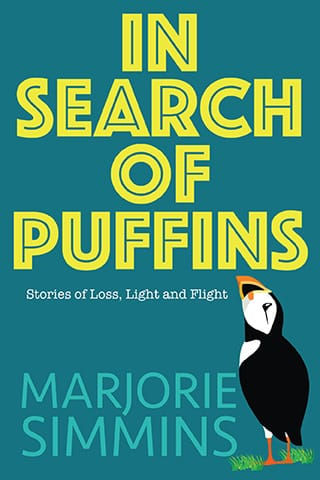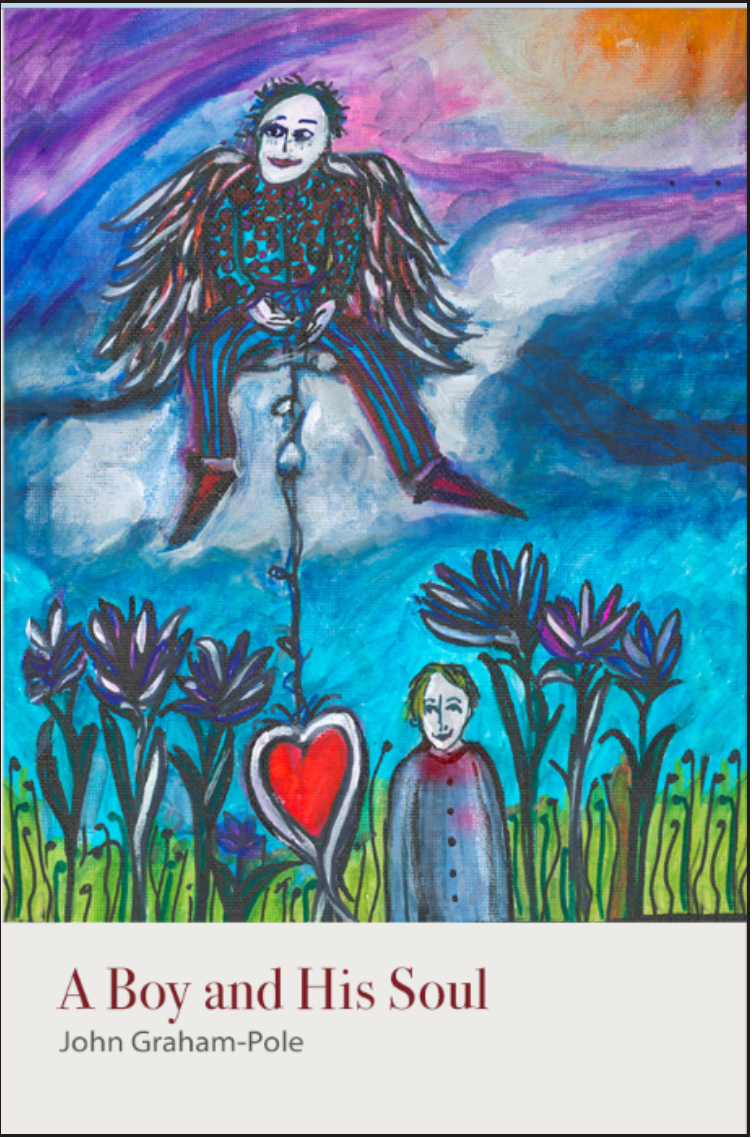Here’s my review of Sem’s Map by Rebecca Thomas published by Nimbus Publishing. This children’s book is about a little boy named Sem who is left confused after, in school, he learns about the map of his home North America. To Sem, the map is wrong. It has the same shape as Turtle Island but the lines and names spell a different story. His grandmother, or Kiju, tells him stories of the land, but Sem’s teacher and classmates have never heard them. This book follows Sem as he teaches his class, and us readers, that Indigenous place names are far older than any map.
This book was a sweet one that fosters a very thoughtful way of teaching young kids about the land they live on. It also provides them with perspective on how their Indigenous classmates may feel confused after growing up learning about their culture from a non-colonial lens. The book encouraged many positive ideas such as celebrating differences and thinking critically. I loved that it spotlighted a protagonist who is not afraid to speak up when they notice something may be odd. I also really liked that, in the story, Sem’s teacher modeled intellectual humility, demonstrating to his students that even authority figures who appear all-knowing, are not. He invited the right person to teach them about a topic that he does not have lived experience with.
The illustrations in this book are bright, colourful, and complement the story well. I noticed that, at the start of the book, there was a picture of a map of North America with the settler-named locations, and at the end, the same map was shown but, this time, using Indigenous place names. It was a clever touch that added depth to the book. This was the first non-poetry book I read by this author, and I really enjoyed it. I especially loved reading the author’s note at the end that talks about her own experiences growing up and her realization that places weren’t changing their names to something else, but rather, reclaiming what they always had been.
This is a beautifully illustrated, light-hearted, yet educational read. I recommend this book to anyone looking for a short, yet informative read for young students.
I rate this book 4.5/5 stars!






















